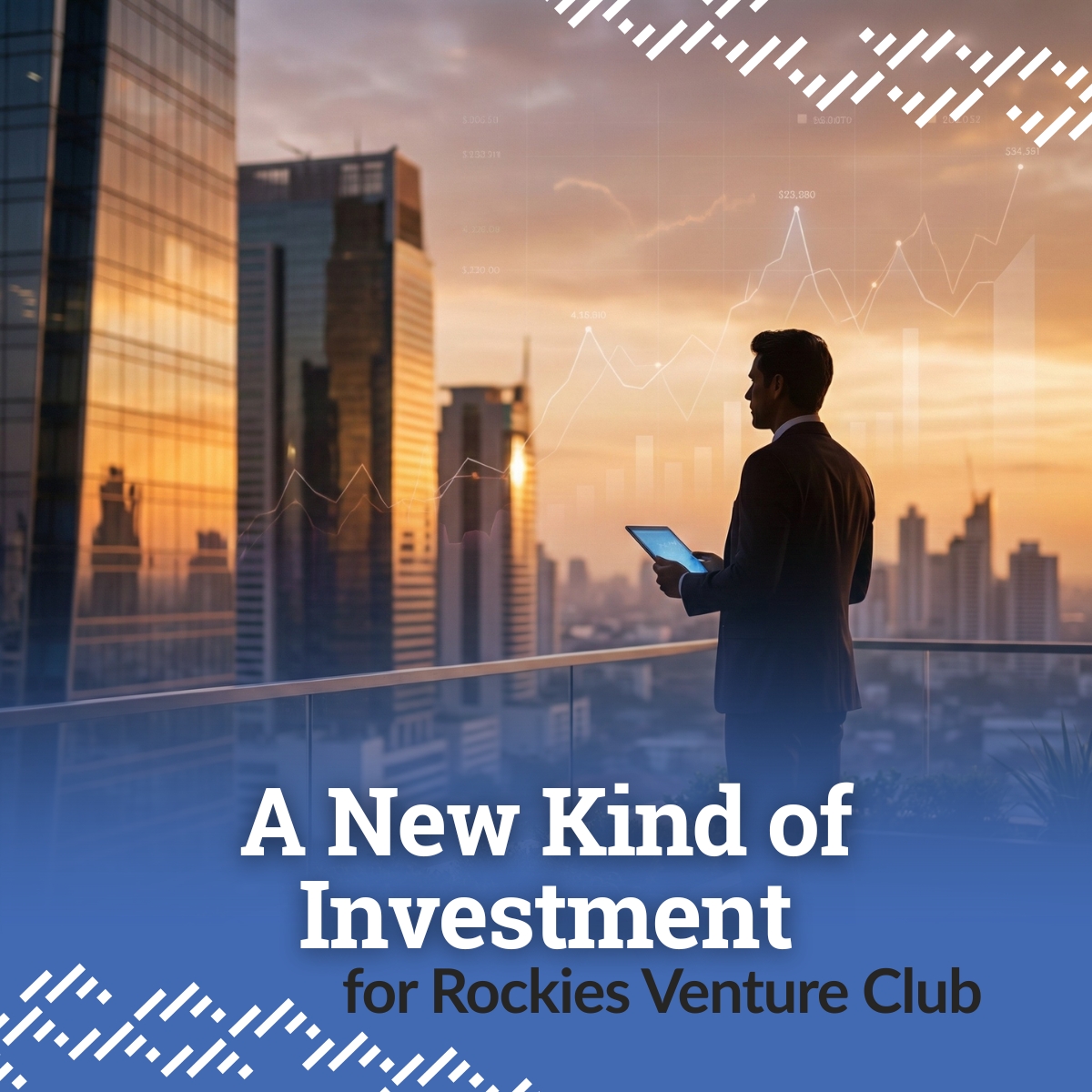Here’s a blog from our friends at Sage Growth Capital in Boise, Idaho. They have spent the last year and a half perfecting the still fairly novel idea of revenue based investing. Angel investors have had interest in RBI, but haven’t always known when or where to implement it. RVC has gotten close on a few deals, but never quite figured it out. So here’s some sage advice from Sage Growth Capital about when this vehicle really works.
Over the first 18 months since we (RVC friends at Sage Growth Capital) launched our fund, the Sage partners have had hundreds of conversations and conducted diligence on almost 60 applications for total requested capital of over $22 million. Of those, we have closed six deals with five companies.
We are often asked how do we define our “Ideal Candidate”? We can best answer this by looking at the commonalities among our portfolio companies. At first glance this might seem a strange concept given that our portfolio companies vary from food to cybersecurity to airline scheduling software to commercial laundry. Despite the wide range of industries, each of these companies have several key things in common:
1. Revenue or cash income is King. All of the companies that we have invested in to date have revenue and are seeing significant revenue growth. We are not pre-revenue investors. This is one of the reasons that our capital costs only two to three times the amount invested, compared to ten times or more for traditional equity investors. Our investments are based in large part upon revenue history. Without that history, we have no way of validating the projections upon which we will invest. We require a minimum of $300,000 of trailing twelve-month revenue and can invest up to one-third of that revenue.
In fact, if your company continues to grow, we can continue to fund you! We were able to do that with our first investment Killer Creamery. A few months after our first investment, their sales had grown significantly. This growth allowed us to make an additional investment which enabled them to increase their production capacity, which provided more inventory for their customers to continue enjoying the freedom of indulging in low-carb ice cream.
2. Stable gross margins are critical. Companies will pay back our initial capital plus our return from their top line revenue. It serves neither the company nor us if there’s insufficient cash left after making the monthly payment to allow the business to flourish. For this reason, we require a minimum of a 40% gross profit margin.
A number of companies have applied for financing that have not yet achieved the minimum 40% margin, based upon the assumption that as volume increases the margin will also. While we applaud the logic, we are not low margin investors. If the company has not yet achieved its margin goals, then equity capital will be more appropriate.
In addition to the minimum gross margin requirement, we also require that there is stability in that number. This is important to the company as well as to us. Our first investment in 2021 is a great example of that. eTT Aviation is in the airline industry which one might think would experience volatility in their gross margin, especially in the recent travel climate. However, because the company has focused on long term SaaS contracts they have very nice and stable margins.
3. Your books can really set you apart from the pack. This seems so basic to us (but then, one of our partners is a “recovering CPA”). Seriously, companies need to keep basic financial records which includes producing standard financial reports (i.e., balance sheet and income statement). The first thing we ask for once we review an application is historical financials. If a company cannot readily provide them, we can’t analyze the company, and we won’t proceed with diligence until we have coherent financials. But you shouldn’t just be keeping your books for us – other funding sources such as banks, equity investors and even customers may need to see them from time to time. And of course, you need to have good financial records to be able to manage your company.
Having organized and well thought out financials says a lot about you and your sophistication as an organization. An example of this in our own portfolio is Unity Laundry. The commercial laundry business may seem old school but this founder’s penchant for numbers and thorough reporting made it easy to see the growth story and the bright future of the business.
4. Customers are your best salespeople. All investors will (or should) talk directly with customers as part of the diligence process. While this may cause some concern on the part of the company, we do this with care and consideration. Of course, we don’t want to interfere with the customer relationship, but we do want to learn directly from paying customers what they like about your product or service and what value it brings to them. If you apply for financing from us, or most other investors, be prepared for us to ask for customer lists and contact information.
Additionally, you should be thinking of our customers as your best salespeople. Our portfolio company Refactr certainly does! Refactr is in a very technical and newer space within the DevSecOps industry which means the sales cycle can be very long. After talking with a number of their customers, we learned that they love what Refactr does and are constantly singing their praises to other colleagues within and outside their own companies. This not only results in new leads and sales for Refactr, but it also significantly impacted our decision to invest.
5. Ideal candidates for RBF include equity in their capital strategy. We believe our capital complements and sometimes substitutes for equity financing but is not a substitute for debt (even venture debt) financing. All five of the companies in which we have invested to date had previously raised equity capital through angel investors. They were growing at the time they applied to us and in all likelihood, they could have returned to their angels for additional financing. However, each of the entrepreneurs understood the impact of dilution, which of course is directly related to valuation. They made the decision to seek capital to fund their growth from us because we were less expensive than selling equity at their current valuation. We believe most will ultimately return to the equity market, but at a significantly higher valuation based upon their growth.
This has already happened to one of our portfolio companies. Having done a couple of equity raises with plans to do more in the future, Prosperity Organic Food’s investors could really see the value in an RBF round that wasn’t going to cost them further dilution. And, we could really see the value in plant-based butter and cheese that actually tastes like butter and cheese!
If you think revenue-based capital might be appropriate for your business, we want to hear from you! The easiest way to start a conversation is to submit our simple application found at www.sagegrowthcapital.com/apply-now.
Sage Growth Capital makes revenue-based investments in companies who need growth capital. It is our mission to provide a more flexible funding option to growing companies who do not fit traditional equity or lending models. To learn more about Sage Growth Capital or to apply for funding visit: www.sagegrowthcapital.com.






.jpg)




